Tobacco-Stained Mountain Goat is sci-fi-lite, at least according to one of my mates — which surprised me since I believed it safely slotted into the sci-fi genre and I didn’t know there was a style called sci-fi-lite. Probably he was making it up.
Most people are now telling that TSMG is far more oriented toward noir than science fiction, which I guess is attributable to the heavy influences of Raymond Chandler and Dashiell Hammett as much as other writers like Philip K. Dick and Graham Greene. Does that actually tell you anything about the book? I hope it does. I’m terrible at snap-synopses.
How long did it take you to complete?
This is going to sound over-the-top, but it actually took half my life to finish this novel. Really. It should be a perfected epic in that case, but much of the time the various manuscripts were stuck in dusty drawers or under cardboard boxes in closets, and I didn’t think about the story at all. The genuine focus periods were in 1992, 2002, and 2006-2010.
What's your favourite part of the creative process?
Probably getting the revelations. Rather than being lobbed at me by some god-like character, these come via stimuli around me — often basic, everyday sights, sounds, train stations or conversations, or just by tuning in to music that moves me, given the mood I’m in at a certain moment. Out of these come snippets of dialogue, throwaway lines, and set pieces that I can knit together in the overall story. Or unstitch and hide.
How important is a good title?
For me this is incredibly important, since I probably won’t bother picking up a book with a bland title. And it’s not that hard to play with the name, or go off on a tangent. I do music as well, and one of the fun parts for me is creating the track titles. A lot of other musicians stick with the mundane and it makes me sleepy.
How important is a good cover?
Again, vital. I know it’s drummed into us never to trust a book by its cover and that not all glittering things are gold, and yet … If you get a superb image and wonderful font worked together into a stunning whole – matched up, of course, with a humdinger of a title — then I will go and judge it and probably give the book a shot.
This has led to some bitter disappointments over the years, but there are things you never learn. To the other degree, I’m sure there are some sensational stories I’ve never read just because the cover is shoddy. Why am I so shallow? God knows.
I think they’re fun, but I’m biased — I’m a journalist, and have been interviewing other people for over fifteen years. It’s kind of interesting to reverse the flow, but I do find myself trying to get people to ask me certain questions I think would work better. In a subtle way, I hope.
Where do you find out about new books?
Often I find out via word-of-mouth from friends, although I have such a diverse range of mates that I don’t always trust their taste in books even if I think their ideas about music are revelatory, and vice versa. Recently I’ve been able to hook up with a few like-minded writers and reviewers who I respect and trust, so that’s opened things up a bit.
Otherwise I just find novels I’ve never heard of in the local 200 yen second-hand book shop here in Tokyo. And, yep, usually it’s the covers and titles that win me over.
What are you reading now?
I actually just started Graham Greene’s novella for The Third Man, which I’ve never read. This is weird because I’ve seen Carol Reed’s film version at least a hundred times — I’m not joking, but the way. It’s one of my favourite movies, so I’m curious to see how the book pans out.
What are you currently working on?
I’m currently working on two projects: my next novel, and an anthology related to Tobacco-Stained Mountain Goat.
The novel is about an identical twin geisha who lives to be one hundred and harbours venomous feelings toward her sister. It’s narrated by a dead man and kicks off in Japan in 1929 — but looks like brushing up against Melbourne in the 1970s as well. These are just the basics. I’ve got no idea how the rest will develop.
The anthology is steam-rolling ahead much faster, and will also be coming out through Another Sky Press in the U.S. We’ve got writers on board from the UK, the ‘States and Australia, although I don’t want to name them just yet as some are partially committed — it depends on our old friend, time. All the stories will be set in the dystopian, near-future Melbourne occupied by Tobacco-Stained Mountain Goat, but with more of a noir/hardboiled edge.
Oh yeah, and I’ve got a short story coming out in the next Crime Factory anthology.
How can we keep up to date with your news?
Probably the easiest way is via Twitter (@andreziffy) or my website for Tobacco-Stained Mountain Goat.
Other than writing/being published, do you have a claim to fame?
I’ve been making hack music for 17 years under aliases like Little Nobody, Nana Mouskouri’s Spectacles, Slam-Dunk Ninja, Dick Drone, and Schlock Tactile — which I think allows you to guess just how seriously I take that hobby, much as I do love it.
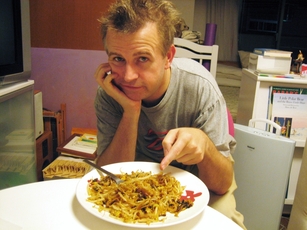
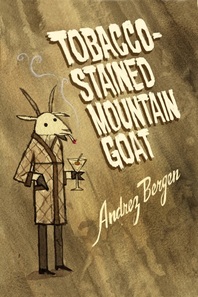
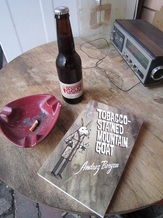
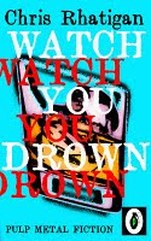

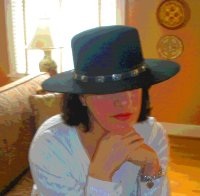
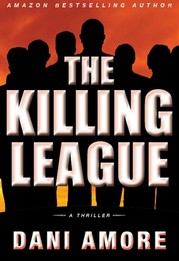
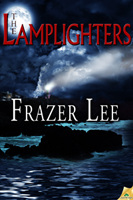
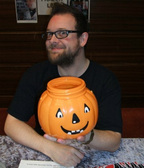
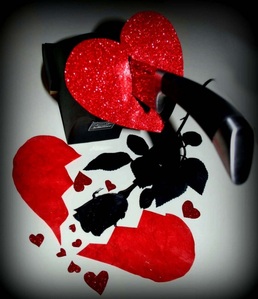
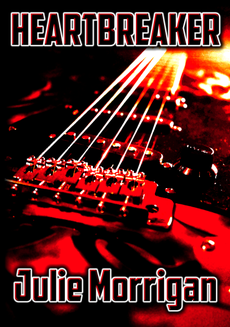
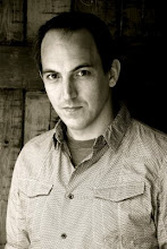
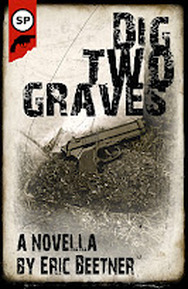
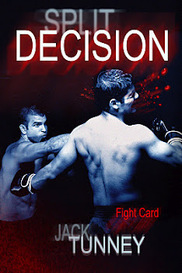
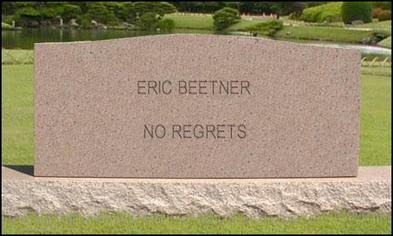
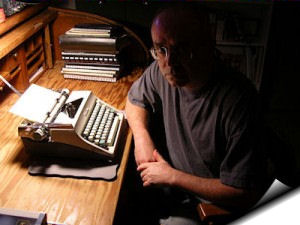
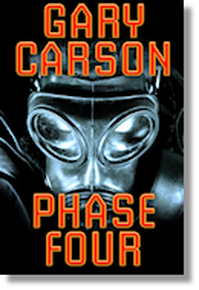
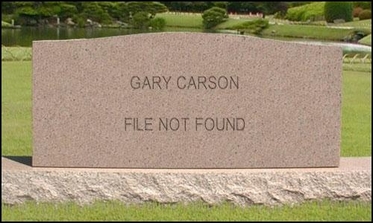
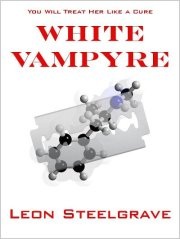

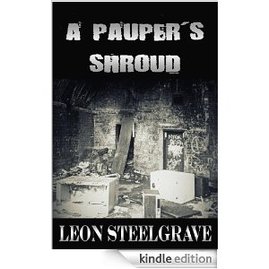
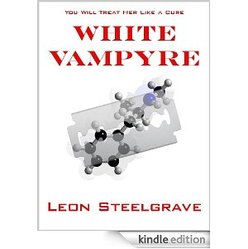
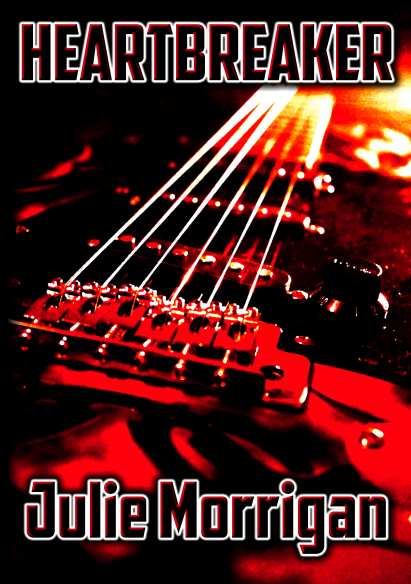
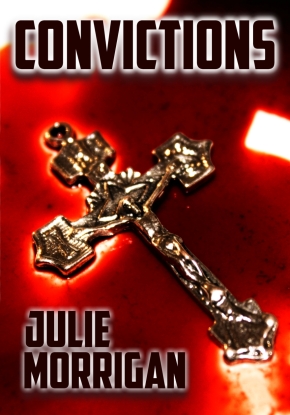
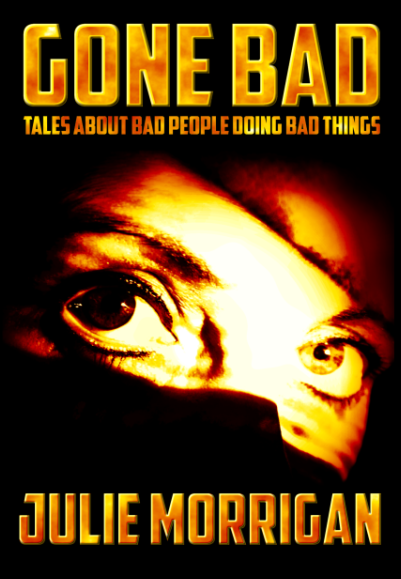
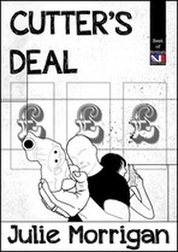
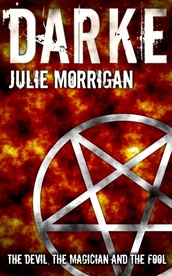
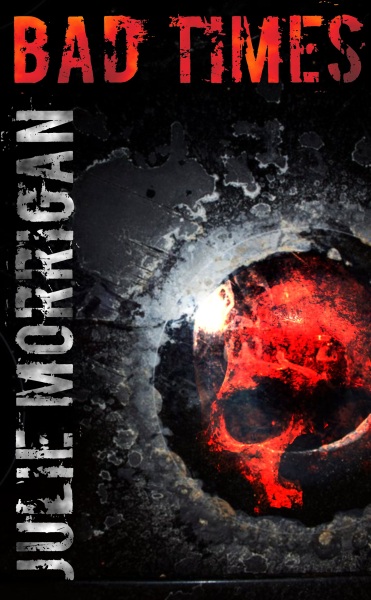
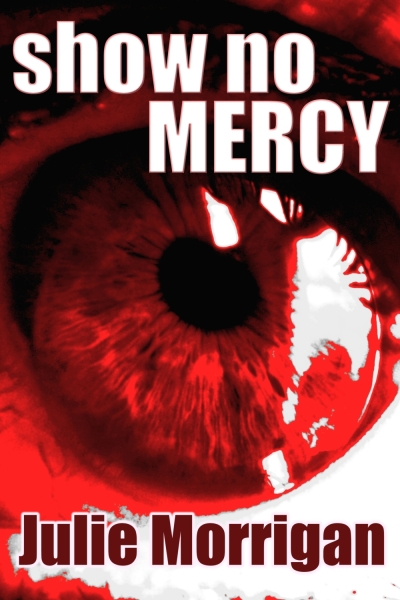
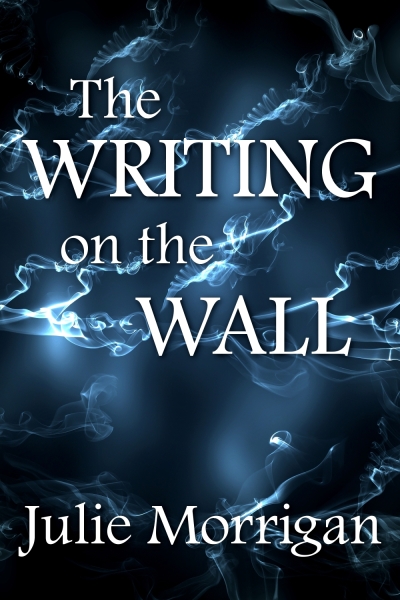
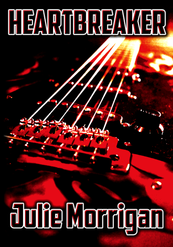
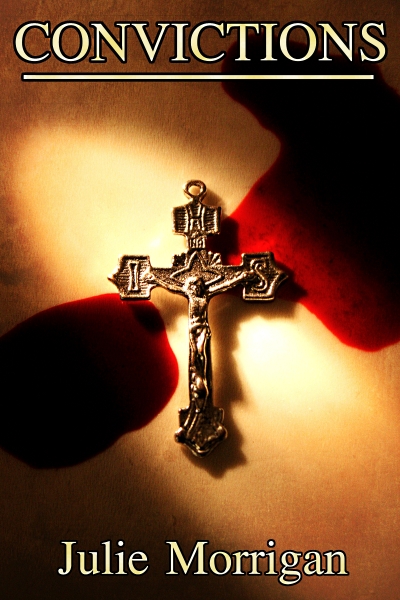
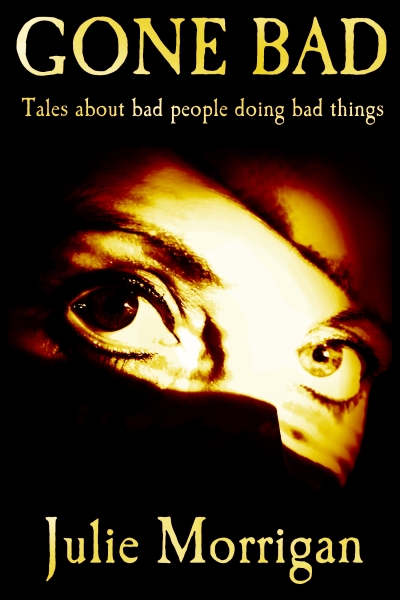
 RSS Feed
RSS Feed
